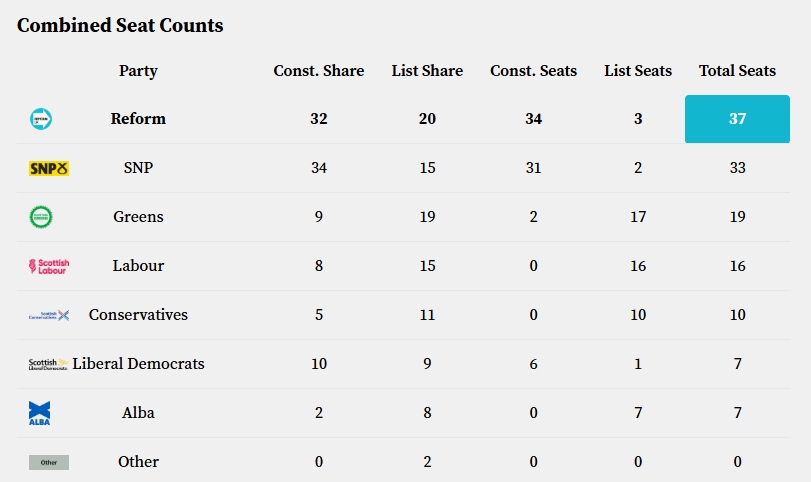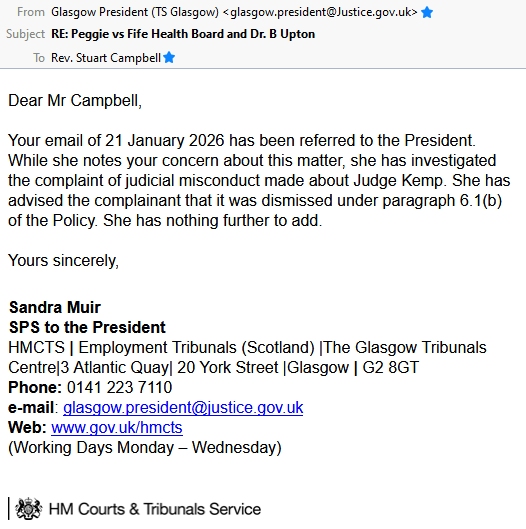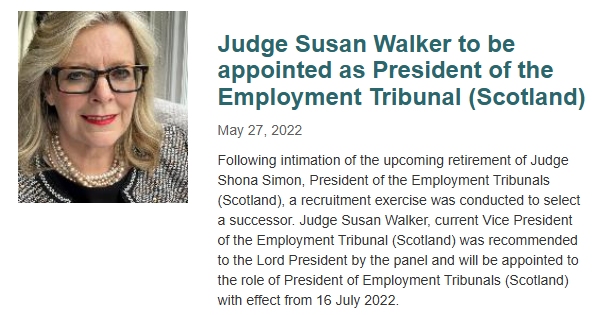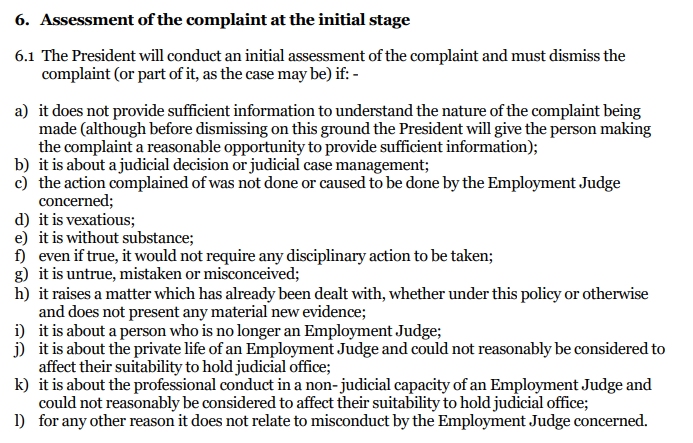Source Direct: Bananas Monarchy
We should oppose the monarchy because it symbolises state power as fundamentally divorced from popular control and reduced to meaningless gestures, a truth that applies whether we have a dyspeptic colonialist monarchy or an Atlanticist “people’s princess”. The post Source Direct: Bananas Monarchy appeared first on Source.

I WAS SITTING on a single bed in a cheap hotel in New York, staring at a mobile phone, watching Emily Maitlis curl her lip in revulsion as Prince Andrew blustered his way through the interview from hell. When the bloodbath finished, I watched it again. Twice. Just to make sure I wasn’t imagining things when I heard a senior public figure explain away his obscenity with reference to post-traumatic sweatless disorder. Crouched on that flea-ridden mattress, part of me wondered, is this what it looks like when institutions collapse?
However, I’d all but forgotten the Newsnight meltdown until Oprah’s Meghan-Harry interview forced it back into the conversation. Which neatly illustrates a contradiction of our historical period. Dominant institutions are subjected to a constant churn of outrage. Faith in authority is a vanishing commodity. But in the absence of effective popular movements, leadership and alternatives, those institutions get a human resources makeover and stay standing. Eventually, the scandal machine moves on.
The Oprah interview doubtless served to reinforce an image of British backwardness. A Scotsman columnist was right to suggest that, to outsiders, it had the air of de-programmed escapees talking about their life in the cult. In our own country, another type of reaction was led by Nigel Farage, who said the Royal Family could hardly be accused of racism when the Queen regularly tours among her African and Asian subjects.
It’s easy to get lost in this silliness, but it does suggest a deeper story about post-colonial globalisation. The Windsors have been walking a fine line for generations, arguably going back to Wallis Simpson, of adaptation to British decline and American economic, cultural and imperial grandeur. Those tensions were visible in the contrast between, say, Diana Spencer (a figure of cosmopolitan consumerism) and Camilla Parker Bowles (a figure of British decline). This latest chapter thus reflects longstanding conflicts in the sociology of the upper classes.
Doubtless some have hopes that Meghan and Harry will achieve what millions of Celtic radicals and Guardian reading liberals never could, namely, bring down the British monarchy. But this commits the same error as those who tactically put their faith in Salmond to bring down Nicola Sturgeon. In both cases, the ploy is founded in understandable frustration and thus a search for shortcuts. But in both cases there is a failure to honestly state the foundation of disagreement and the alternative that follows.
Our problem with the monarchy, if we’re honest, isn’t about whether Princess Kate was mean to Meghan over flower girl dresses or vice versa. It isn’t even the racism that Meghan suffered: naturally, that should be condemned, but simply maximising the outrage risks missing the point or reinforcing the left’s reputation for phoniness.
We should oppose the monarchy because it symbolises state power as fundamentally divorced from popular control and reduced to meaningless gestures, a truth that applies whether we have a dyspeptic colonialist monarchy or an Atlanticist “people’s princess”.
Crucially, honest critique only works if we embrace a republicanism that is founded in more than cynicism about the Windsors. That runs up against the problem that people often prefer the relatable freaks in Buckingham Palace to the careerists in Westminster.
So the critique should be based in a vision of state power as a shared project and founded in a broader analysis of how wealth inequalities demean politics, not only through outright bribery (Cash for Honours and the like), but worse, through the grovel culture of philanthropy which corrupts everything from art to media to academia.
There are complex sociological reasons why scandals come and go with such regularity. However, one reason that the left never takes advantage – anywhere in the world – is that scandals expose our own crisis of meaning. We are at our most inarticulate when suddenly forced to say what we really stand for. And thus too often we haemorrhage trust at the same time as those failing yet resilient institutions.
The post Source Direct: Bananas Monarchy appeared first on Source.
What's Your Reaction?










































